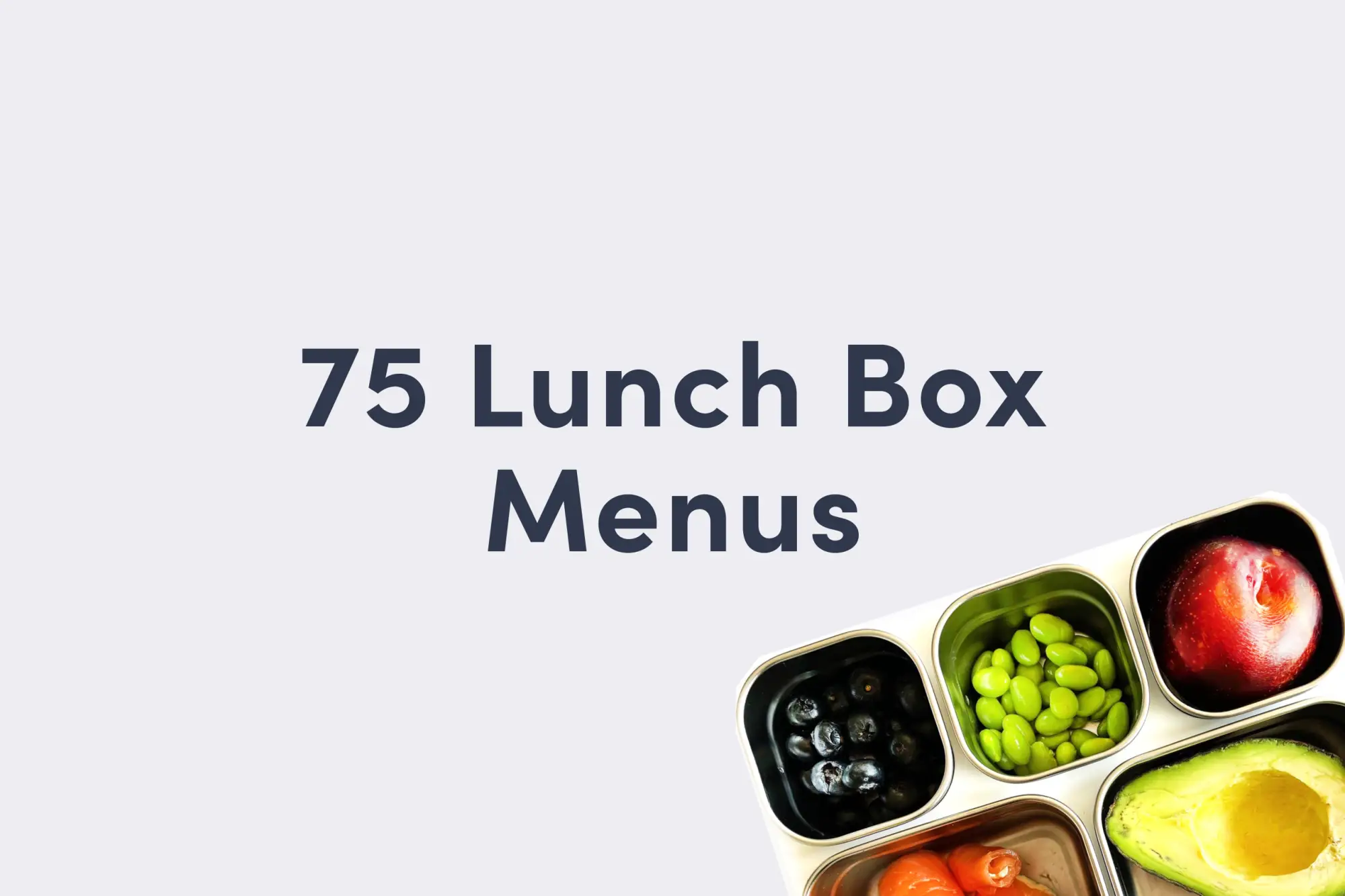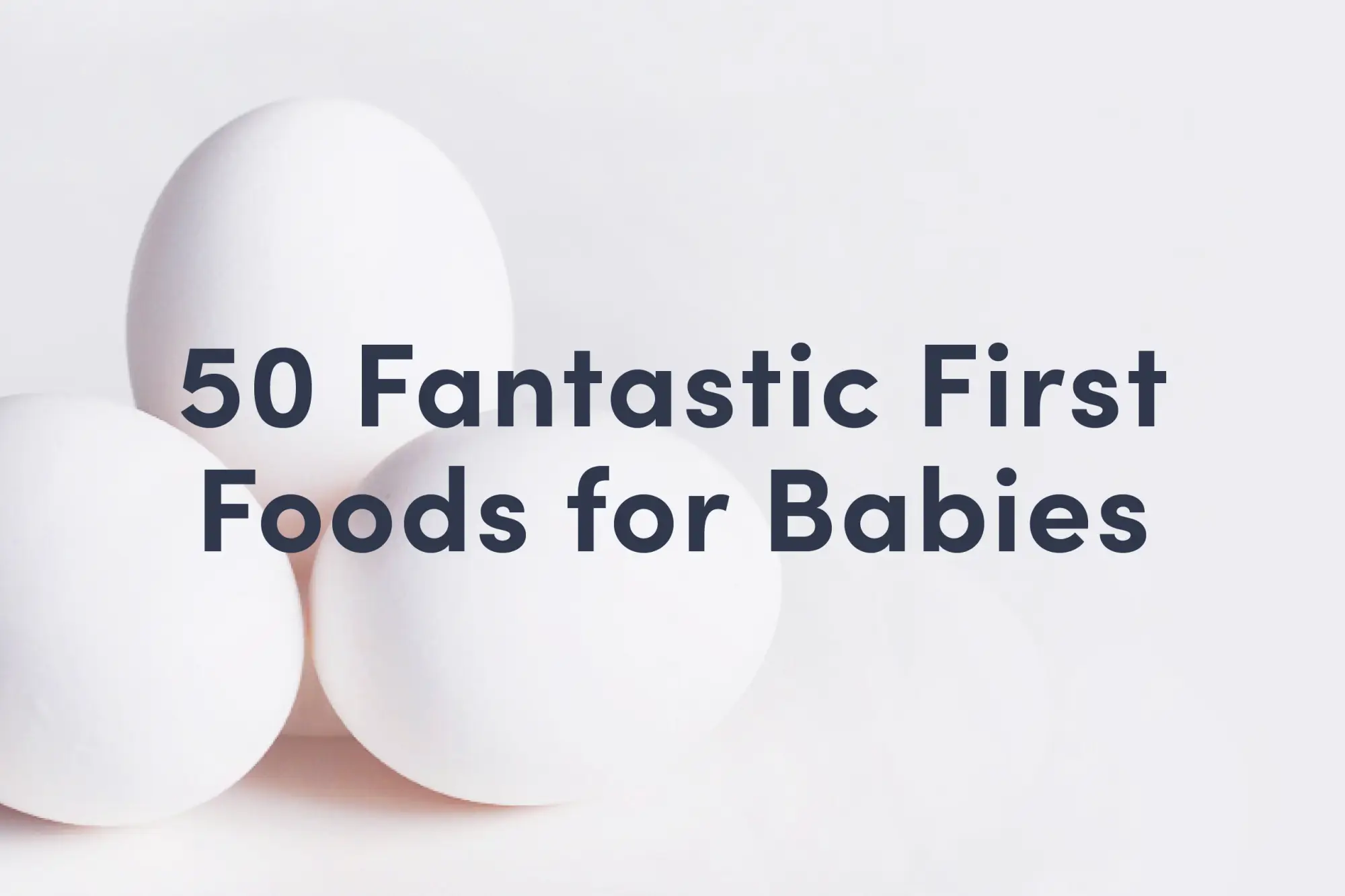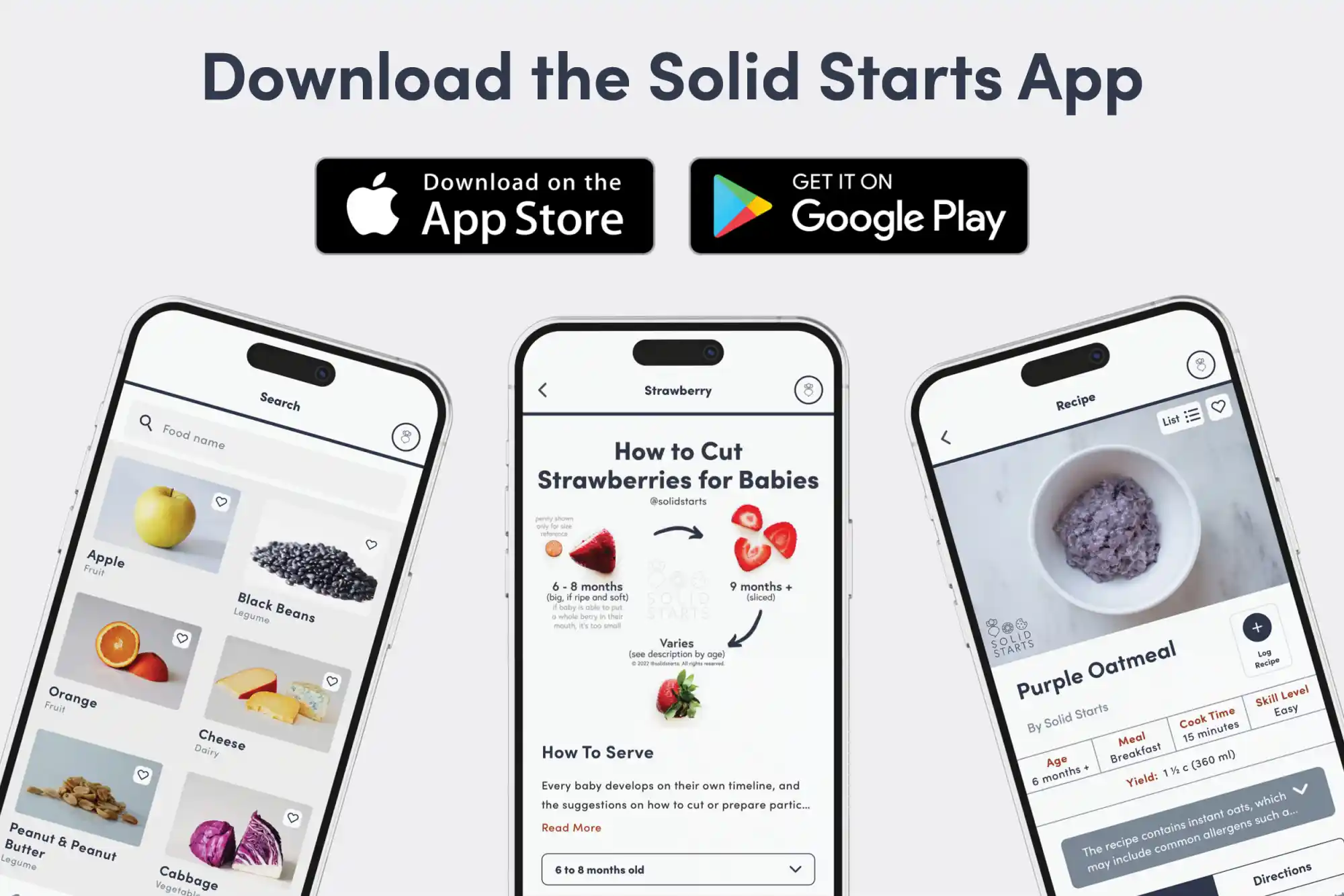Cucumber
Vegetable
Age Suggestion
6 months
Iron-Rich
No
Common Allergen
No

When can babies have cucumber?
Cucumber may be introduced as soon as baby is ready to start solids, which is generally around 6 months of age.
Cucumbers are native to Southeast Asia, and today they grow worldwide wherever the weather is sunny and warm. There are so many varieties to try: small thin-skinned Persian cucumbers, extra-long Japanese cucumbers, round lemon cucumbers, seedless English cucumbers, and the ubiquitous Kirby cucumbers, to name a few.
Is cucumber healthy for babies?
Yes. Cucumbers offer some fiber, and vitamins C and K, nutrients that help support hydration, digestion, wound healing, and blood clotting. They also contain a dash of calcium, iron, folate, and zinc to support bone, red blood cell, nervous system, and immune health. Cucumbers also contain antioxidants which can help reduce inflammation and stress in the body.
Is cucumber a common allergen?
No. Allergies to cucumbers are rare, though individuals with Oral Allergy Syndrome who are allergic to ragweed may be sensitive to cucumber. Oral Allergy Syndrome typically results in short-lived itching or burning in the mouth and is unlikely to result in a dangerous reaction.
As you would when introducing any new food, start by offering a small quantity for the first few servings. If there is no adverse reaction, gradually increase the quantity over future meals.
Is cucumber a choking hazard for babies?
Yes. Raw cucumber is firm, slippery, chewy, and often cut in tapered shapes, qualities that increase the risk of choking. To reduce the risk, prepare and serve cucumber in an age-appropriate way as described in the How to Serve section. As always, make sure you create a safe eating environment and stay within an arm’s reach of baby during meals.
Learn the signs of choking and gagging and more about choking first aid in our free guides, Infant Rescue and Toddler Rescue.
Videos
When can babies have pickles?
Babies can have pickled cucumbers (pickles) as soon as they are developmentally ready for solids, typically around 6 months of age. Minimize choking risk by sharing pickles that are cut in shapes that are safe for a child’s age and eating ability. Keep in mind that quick-pickled cucumbers and other vegetables may be firmer and pose a higher risk than those that have been commercially preserved or fermented for a longer time at home.
How do you serve cucumber to babies?
Every baby develops on their own timeline, and the suggestions on how to cut or prepare particular foods are generalizations for a broad audience.
6 to 8 months old:
Offer a large cucumber cut in half lengthwise with the skin on. This "boat" shape is easy for baby to hold and move around the mouth on their own, which builds skill and awareness of how the mouth works. Leaving the skin on helps reduce choking risk by making the food less slippery, easier for baby to hold, and more difficult to bite off pieces from. If you feel comfortable, you can also serve a whole Persian cucumber, a smaller variety also known as the mini-cucumber, with the rounded ends cut off.
Alternatively, serve grated cucumber mixed into scoopable foods like yogurt, or offer long, wide rectangles (thinly sliced) of large cucumber with the skin on or off. The slices should be thick enough that they do not flop over as baby holds them. To help baby get a hold of the rectangle, hold it vertically in the air in front of baby and let them try to grab it. If baby is able to bite off a big piece, stay calm and let baby work with it. If necessary, baby may spit, gag, or cough the piece out, which are all perfectly normal at this stage.
Worried about the seeds? Try not to be. Cucumber seeds are not a choking hazard and because they are mixed into the flesh of the cucumber, there is a low risk of aspiration or choking.
9 months old +:
Once baby has a working pincer grasp (where the tips of the thumb and index finger meet), offer thin half-moon slices, or make small, flat pieces by cutting the half-moons in half again. Removing the skin can help increase consumption, although it’s not necessary to remove it, and the seeds are not a cause for concern. You can also continue to serve grated cucumber or a large cucumber cut in half lengthwise, skin still on, for biting and tearing practice.
If you have a meal that contains thin rounds of cucumber, feel free to share them with baby. You likely won’t see much consumption when serving these thin rounds, but if the family often eats cucumbers served this way, sharing a slice is a nice way to let baby explore the flavors of the family meal. Keeping the rounds thick enough that they do not become floppy will encourage biting and discourage the child from stuffing the whole piece of food in the mouth. If baby does put the whole slice in their mouth, give them a minute to work with the food and then, if needed, start coaching baby how to spit it out.
12 months old +:
Serve cucumber in thin rounds, thin half-moons, and long thin rectangular slices, either with or without the skin. Hold off on serving bite-sized chunks or spears of cucumber (which can be broken into chunks) at this age, as these shapes pose an increased choking risk.
18 months old +:
Explore a variety of cuts, either with or without the skin: thin rectangular slices, thin rounds, thin half-moons, or cut the half-moons in half again. If the toddler has had experience with biting and tearing, you can consider offering whole Persian or mini cucumbers with the rounded ends cut off, or long spears cut from a larger cucumber with the tapered ends cut off. Cutting off the tapered ends of the spear (which are closer in size to the child’s airway) can reduce the choking risk. Coach the child to take small bites by modeling how it is done: once you have their attention, slowly take a bite and chew with your teeth in an exaggerated way so the child can watch and learn. Make sure to maintain a safe eating environment, and end the activity if the child is distracted or not staying seated. Hold off on serving bite-sized cubes or chunks of cucumber at this age, as this shape requires significant grinding ability to break down. Flatter pieces continue to pose less choking risk.




Find out if your baby is ready to start solids on our Readiness to Start Solid Food FAQ page.
Written by
Expert Tips Delivered to Your Inbox
Sign up for weekly tips, recipes and more!
The content offered on SolidStarts.com is for informational purposes only. Solidstarts is not engaged in rendering professional advice, whether medical or otherwise, to individual users or their children or families. No content on this site, regardless of date, should ever be used as a substitute for direct medical advice from your doctor or your medical or health professional, nutritionist, or expert in pediatric feeding and eating. By accessing the content on SolidStarts.com, you acknowledge and agree that you are accepting the responsibility for your child’s health and well-being. In return for providing you with an array of content “baby-led weaning” information, you waive any claims that you or your child may have as a result of utilizing the content on SolidStarts.com.









